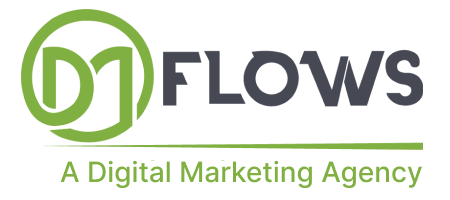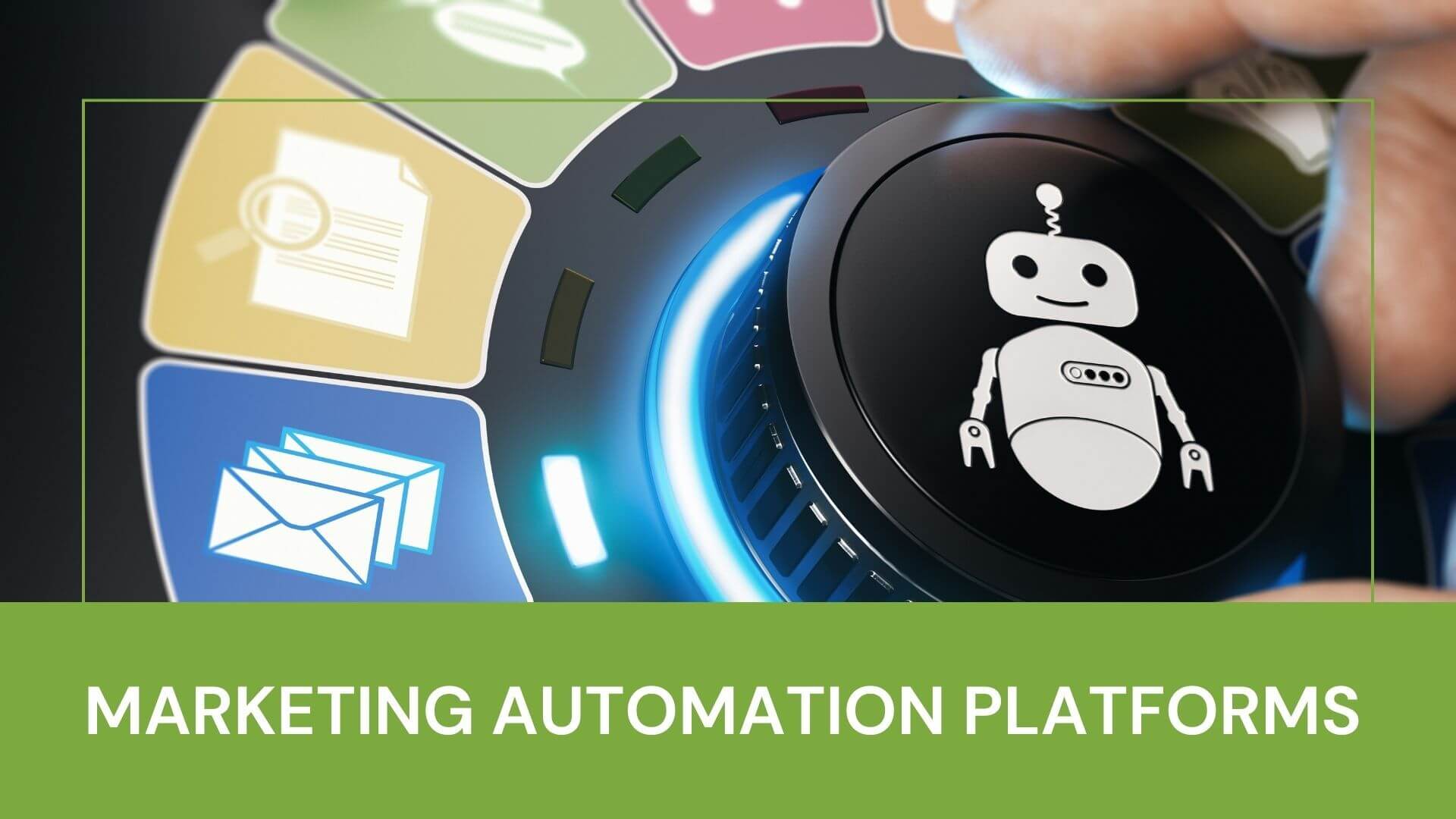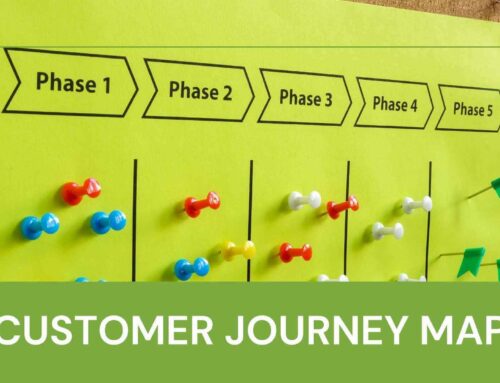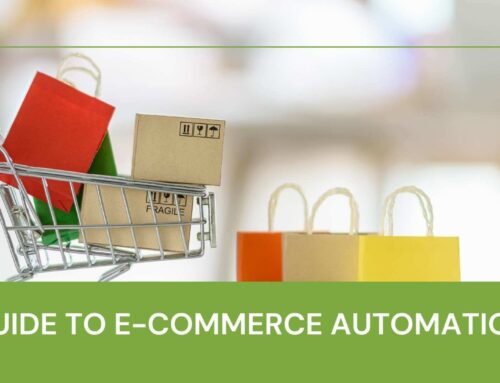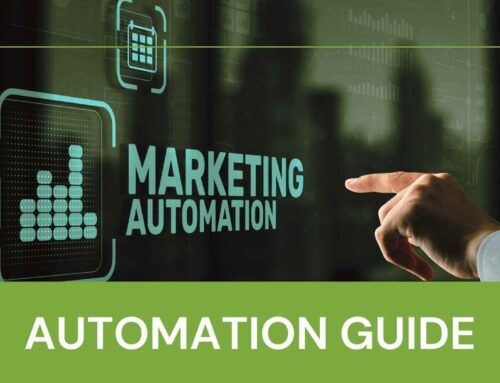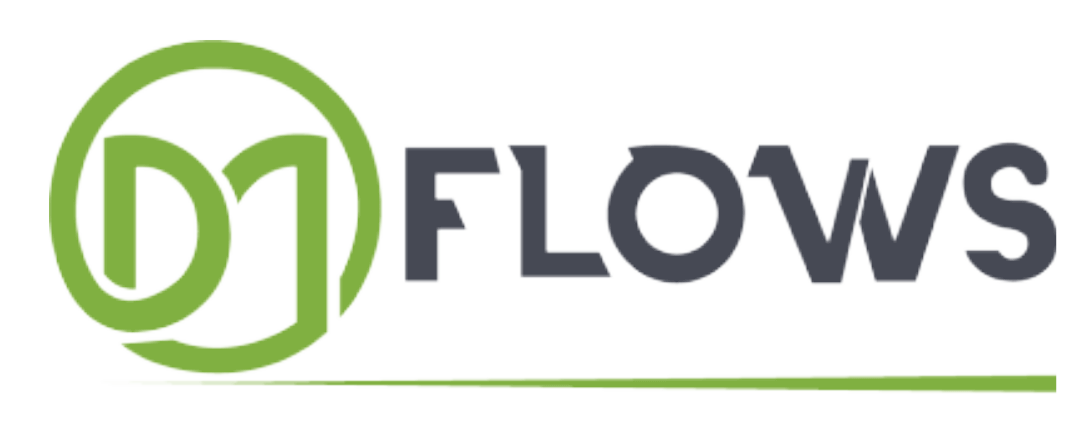Marketing Automation Platforms
Marketing automation is no longer a luxury for businesses—it’s a necessity. With the right platform, small and medium-sized businesses (SMBs) can streamline their marketing efforts, improve lead nurturing, and ultimately drive more revenue. But with so many options on the market, how do you choose the best one for your business?
In this blog post, we’ll review the top marketing automation platforms for SMBs, focusing on their key features, pricing, pros, cons, and suitability for various business needs.
Top Marketing Automation Platforms 2024
1. HubSpot Marketing Hub
Overview: HubSpot Marketing Hub is an all-in-one marketing platform known for its user-friendly interface and robust free tier. It’s particularly popular among SMBs for its scalability and integrations with other HubSpot tools.
Key Features:
- Email marketing and automation workflows
- Landing page builder and form creation
- CRM integration
- Analytics and reporting dashboards
Pricing:
- Free plan available
- Paid plans start at $50/month (Starter), scaling with additional features.
Pros:
- Comprehensive features in one platform
- Intuitive and easy to use
- Strong integration with HubSpot’s CRM
- Free plan with generous functionality
Cons:
- Can become expensive as you scale
- Limited customization in lower-tier plans
Best For: Businesses looking for a comprehensive platform with a seamless CRM integration.
2. ActiveCampaign
Overview: ActiveCampaign specializes in email marketing and customer experience automation. Its robust automation builder is ideal for creating personalized customer journeys.
Key Features:
- Advanced email automation
- Sales pipeline management
- SMS marketing
- Behavioral tracking
Pricing:
Plans start at $29/month (Lite)
Pros:
- Powerful automation features
- Excellent customer segmentation
- Offers CRM capabilities
- Strong support and resources
Cons:
- Steeper learning curve for beginners
- Limited features in entry-level plans
Best For: SMBs prioritizing customer segmentation and personalized communication.
3. Mailchimp
Overview: Mailchimp started as an email marketing platform but has evolved into a versatile marketing automation tool. It’s a favorite among SMBs due to its affordability and ease of use.
Key Features:
- Drag-and-drop email builder
- Basic automation workflows
- Audience segmentation
- Integration with e-commerce platforms
Pricing:
- Free plan available
- Paid plans start at $13/month (Essentials)
Pros:
- Affordable pricing
- User-friendly interface
- Wide range of integrations
- Generous free plan
Cons:
- Limited advanced automation features
- Reporting capabilities could be more robust
Best For: Startups and SMBs needing an easy-to-use platform with basic automation capabilities.
4. Keap (formerly Infusionsoft)
Overview: Keap combines CRM and marketing automation to help SMBs manage leads and customers effectively. It’s designed for businesses that want a unified system.
Key Features:
- Email marketing and automation
- CRM with pipeline management
- Payment processing
- Appointment scheduling
Pricing:
- Plans start at $159/month (Pro)
Pros:
- Strong CRM and automation integration
- Excellent for managing sales and customer relationships
- Flexible payment and appointment tools
Cons:
- Higher starting price compared to competitors
- Interface can feel dated
Best For: SMBs that need a CRM-focused marketing automation tool.
5. Marketo Engage
Overview: A product of Adobe, Marketo Engage is a powerful tool for businesses with more advanced marketing needs. While it’s typically geared toward larger enterprises, it offers features SMBs can grow into.
Key Features:
- Multi-channel marketing campaigns
- Lead management and scoring
- Account-based marketing
- Advanced analytics
Pricing:
- Custom pricing; typically starts higher than other platforms
Pros:
- Advanced features for scaling businesses
- Highly customizable workflows
- Robust analytics and reporting
Cons:
- Expensive for SMBs
- Requires significant training to use effectively
Best For: Growing SMBs that anticipate scaling into enterprise-level marketing.
6. Zoho Marketing Automation
Overview: Part of the Zoho ecosystem, Zoho Marketing Automation offers a cost-effective solution for SMBs looking to integrate marketing automation with other Zoho tools.
Key Features:
- Lead nurturing and scoring
- Social media integration
- Analytics and reporting
- Webinar hosting
Pricing:
- Plans start at $10/month
Pros:
- Affordable pricing
- Integration with other Zoho tools
- Wide range of features for the price
Cons:
- Limited third-party integrations
- Less intuitive interface compared to competitors
Best For: SMBs already using Zoho products or looking for an affordable option.
How to Choose the Right Platform for Your Business
When selecting a marketing automation platform, consider the following factors:
- Budget: What’s your monthly or annual budget for marketing tools? Ensure you’re clear about subscription costs and potential add-ons.
- Features: Does the platform offer the features you need, such as email automation, social media management, or CRM integration?
- Ease of Use: Can your team quickly learn and adapt to the platform? Some tools have steeper learning curves than others.
- Scalability: Will the platform grow with your business? Opt for a solution that can accommodate your future needs.
- Support and Training: Does the provider offer adequate support, tutorials, or community forums?
Final Thoughts
The right marketing automation platform can be a game-changer for SMBs, saving time and boosting efficiency. While there’s no one-size-fits-all solution, the platforms listed above are excellent starting points. Evaluate your business’s specific needs and test out free trials where possible to make an informed decision.
Investing in the right tool today can set your business up for success tomorrow. Which platform are you considering? Let us know in the comments below!
